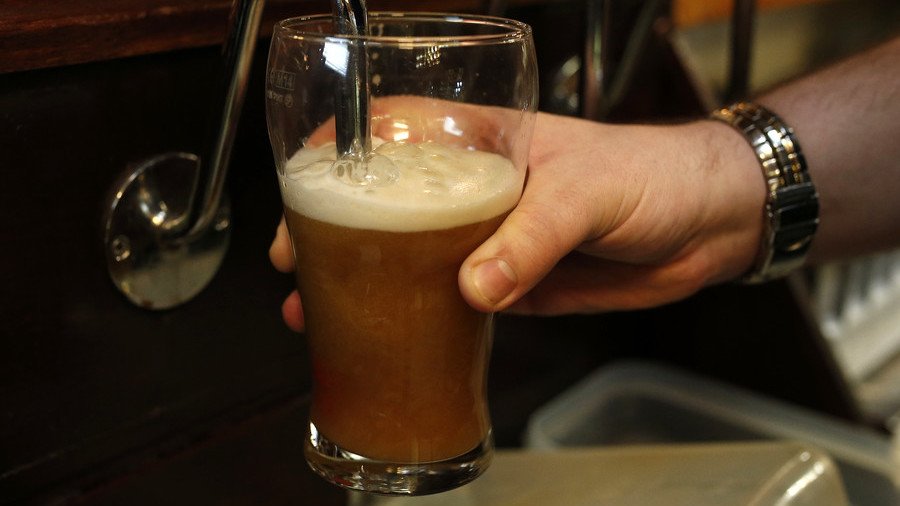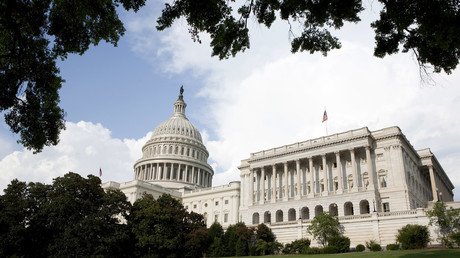Alcohol apocalypse? Evolution making us too sick to drink, study finds

Humanity may be seeing the last of the big drinkers as new research claims evolution is making people physically unable to consume large amounts of alcohol.
Examining trends across human populations, scientists from the University of Pennsylvania found that human genes are developing variants of an enzyme that breaks down alcohol in the body. Because these new variants are less effective at tackling the alcohol, some drinkers are left so sick that they’re unlikely to develop a taste for it.
The study, published in the journal Nature, Ecology & Evolution, was developed using findings from the 1000 Genomes Project, a 10-year international effort to catalogue human genetic variation. Researchers said the new variants were observed in five populations in different continents, meaning that the change is likely as a result of humanity’s common ancestry and evolving genetic makeup.
Scientists cracked mystery of how vampire bats can survive solely upon blood of their victims https://t.co/soRlQGQAM8
— RT (@RT_com) February 20, 2018
Comparing the similar findings from African and non-African populations, the study reads: “Taken collectively, these patterns suggest that alcohol oxidation pathways broadly have been subject to recent positive selection in humans.”
READ MORE: Is alcoholism in your DNA? Pill could suppress genetic craving for drink
Identifying the role of genes in alcohol consumption is seen as the crucial to creating a medical solution to alcoholism. In November 2016, scientists from King’s College and Imperial College London identified a gene that makes people more likely to drink. It’s hoped the discovery will lead to new treatments for people with alcoholism as it may be possible to replicate the gene’s function.
READ MORE: Viruses ‘falling from sky in their billions every day’
Professor Gunter Schumann, from the Institute of Psychiatry at King’s College London, told the Sun at the time: “Our study reveals a previously unrecognized liver-brain pathway which regulates alcohol consumption in humans, and which could one day be targeted therapeutically to suppress consumption in problem drinkers.”
If you like this story, share it with a friend!














